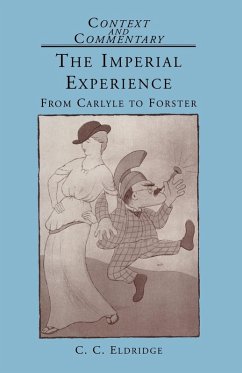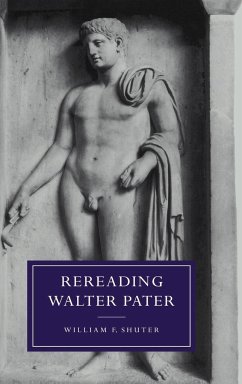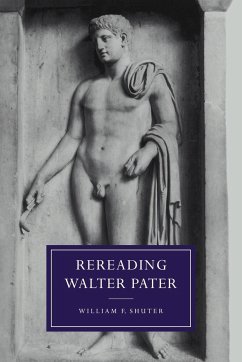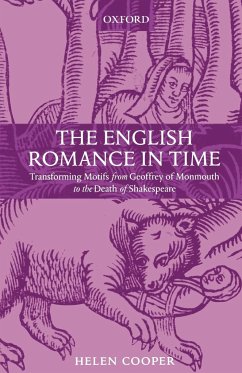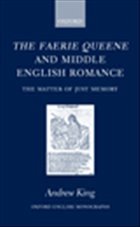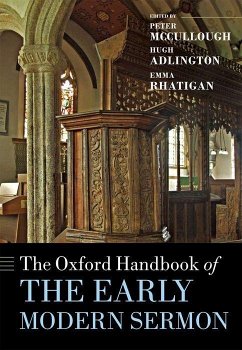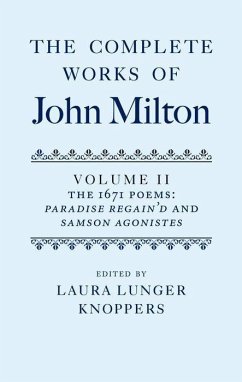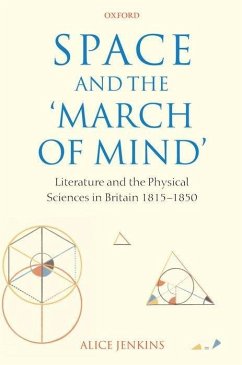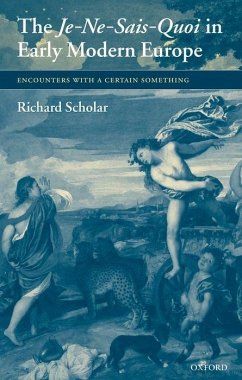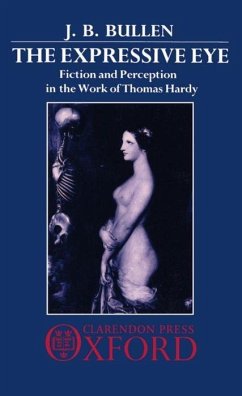
Rereading the Imperial Romance
British Imperialism and South African Resistance in Haggard, Schreiner, and Plaatje
Versandkostenfrei!
Versandfertig in 1-2 Wochen
255,99 €
inkl. MwSt.

PAYBACK Punkte
128 °P sammeln!
This book examines literary romance as a vehicle for the ideological contradictions of British imperialism in South Africa from 1880 to 1920. Drawing on postcolonial theory and cultural materialism, Laura Chrisman discusses the fictions of mining (King Solomon's Mines) and Zulu history (Nada the Lily) by the imperialist Rider Haggard, and shows how feminist Olive Schreiner and black nationalist Sol Plaatje produced counter-fictions of metropolitan and African resistance. The novels are examined as responses to political, economic, and social developments of imperial capitalism: mining; the Anglo-Zulu War; the creation of Rhodesia; the 1913 Natives' Land Act, and the formation of the ANC.
This book examines literary romance as a vehicle for the ideological contradictions of British imperialism in South Africa. Chrisman draws upon postcolonial theory and cultural materialism to discuss the imperialist Rider Haggard's fictional accounts of mining in King Solomon's Mines, and Zulu history in Nada the Lily, examining these novels as fraught responses to the introduction of capitalist modernity. She goes on to analyse the counter-narratives of metropolitan and African resistance of feminist Olive Schreiner and black nationalist Sol Plaatje. Exploring Schreiner's much-neglected Trooper Peter Halket of Mashonaland, Chrisman situates this book in relation to the violent creation of 'Rhodesia', the 1896-7 Shona uprisings, and contemporary criticism of Cecil Rhodes. In doing so, she shows how Schreiner's is a much more challenging example of anti-imperialist fiction than Conrad's Heart of Darkness, published two years later. Chrisman's discussion of Plaatje's Mhudi-the first black African novel in English-considers the book as a direct response to Haggard's imperialism and Schreiner's feminist theory. Locating the book through the politics and epistemology of the early ANC, she reveals how Plaatje challenges Haggard's misogyny and fatalistic historiography. Mhudi , she argues, is a novel whose nationalist and sexual politics are considerably more complex than has been recognized. Plaatje uses his narrative form to articulate both radical and liberal alternatives to white South African rule. Chrisman's book demonstrates how South Africa played an important if now overlooked role in British imperial culture, and shows the impact of capitalism itself in the making of racial, gender and national identities. This book makes an original contribution to studies of Victorian literature of empire; South African literary history; African studies; black nationalism; and the literature of resistance.



